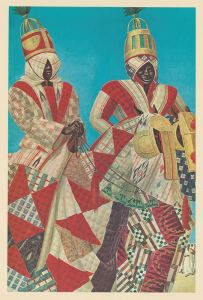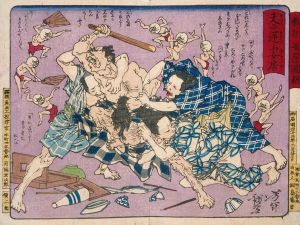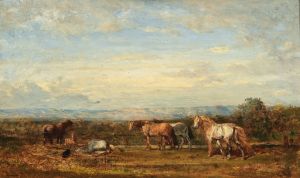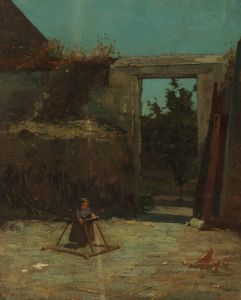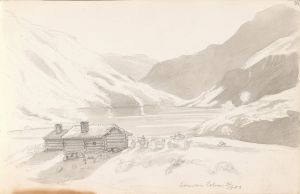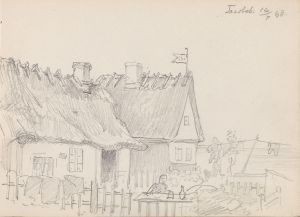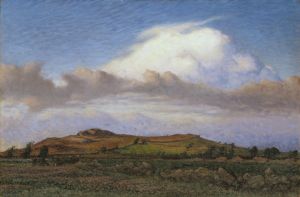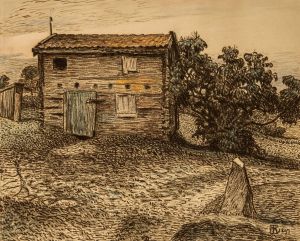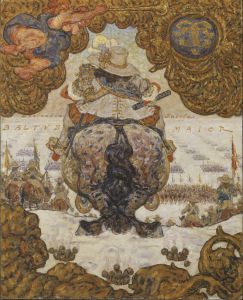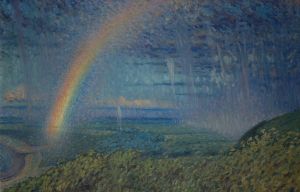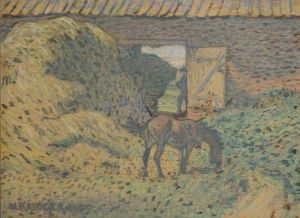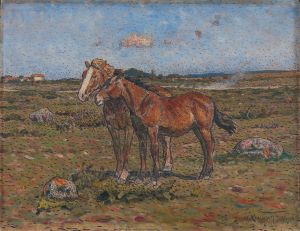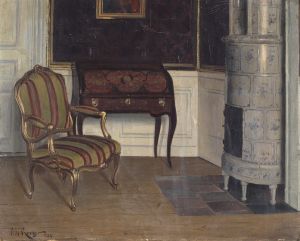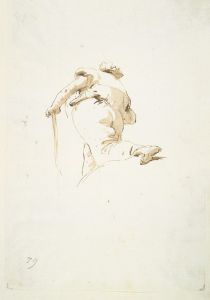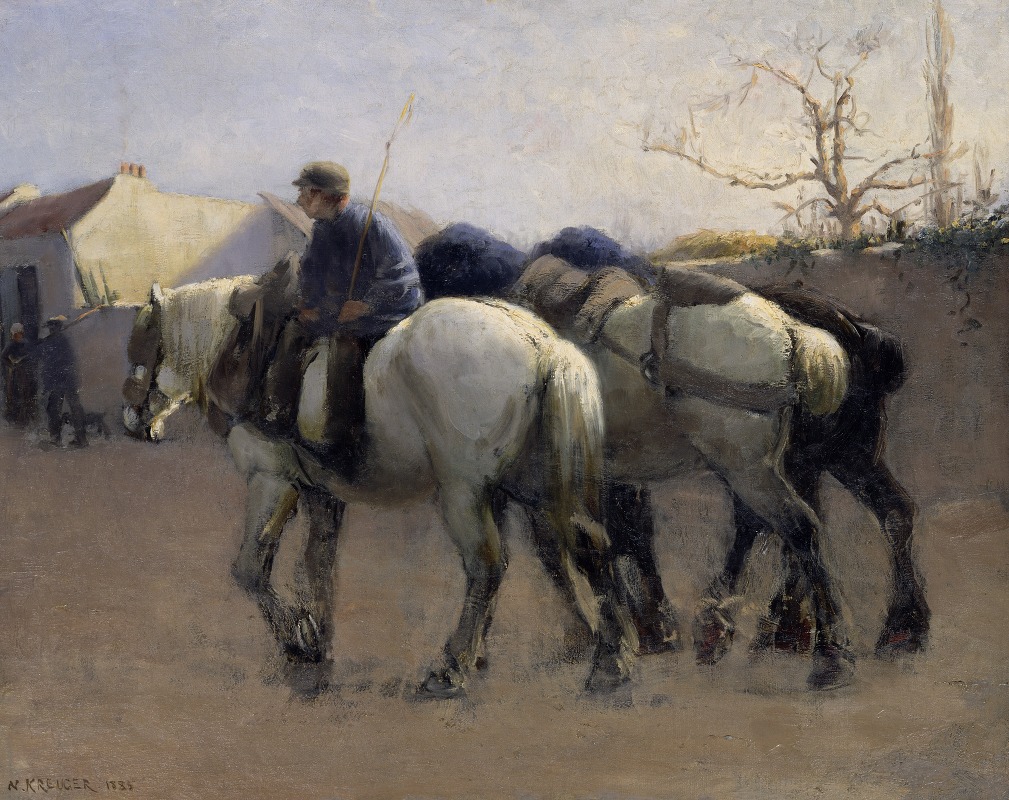
French Village Street with Horses
A hand-painted replica of Nils Kreuger’s masterpiece French Village Street with Horses, meticulously crafted by professional artists to capture the true essence of the original. Each piece is created with museum-quality canvas and rare mineral pigments, carefully painted by experienced artists with delicate brushstrokes and rich, layered colors to perfectly recreate the texture of the original artwork. Unlike machine-printed reproductions, this hand-painted version brings the painting to life, infused with the artist’s emotions and skill in every stroke. Whether for personal collection or home decoration, it instantly elevates the artistic atmosphere of any space.
Nils Kreuger was a Swedish painter known for his contributions to the Impressionist movement in Sweden. Born on October 11, 1858, in Kalmar, Sweden, Kreuger initially studied at the Royal Swedish Academy of Arts in Stockholm. He later moved to Paris in 1881, where he was influenced by the burgeoning Impressionist movement and artists such as Camille Pissarro and Georges Seurat. Kreuger returned to Sweden in 1887 and became a prominent figure in the Swedish art scene, particularly known for his landscapes and depictions of rural life.
"French Village Street with Horses" is one of Kreuger's notable works, reflecting his interest in capturing the essence of rural environments and the interplay of light and shadow. The painting depicts a serene village scene, characterized by its depiction of horses, which were a common motif in Kreuger's work. Horses often symbolized the connection between humans and nature, a theme prevalent in his paintings.
The composition of "French Village Street with Horses" showcases Kreuger's skill in rendering atmospheric effects and his keen observation of rural life. The painting likely features a street in a French village, capturing the everyday life and tranquility of the countryside. Kreuger's use of color and light is evident in the way he portrays the textures of the street and the forms of the horses, creating a harmonious balance between the natural and the man-made.
Kreuger's time in France had a significant impact on his artistic style. During his stay in Paris, he was exposed to the works of the Impressionists, which influenced his approach to color and light. This influence is evident in "French Village Street with Horses," where Kreuger employs a palette that captures the nuances of natural light and the subtleties of the rural landscape.
Upon returning to Sweden, Kreuger became associated with the Varberg School, a group of artists who were instrumental in introducing Impressionism to Swedish art. His works from this period often depict the Swedish landscape, but "French Village Street with Horses" serves as a testament to his experiences and artistic development during his time in France.
Kreuger's paintings are celebrated for their ability to convey the quiet beauty of rural life and the changing seasons. His attention to detail and his ability to capture the mood of a scene make his works enduringly popular. "French Village Street with Horses" is a fine example of his mastery in depicting rural scenes with a sense of realism and poetic charm.
Nils Kreuger's contribution to Swedish art is significant, as he played a key role in the transition from traditional academic painting to a more modern, Impressionist approach. His works continue to be appreciated for their artistic merit and their ability to evoke the serene beauty of rural landscapes. Kreuger passed away on May 11, 1930, but his legacy lives on through his paintings, which remain an important part of Swedish cultural heritage.





